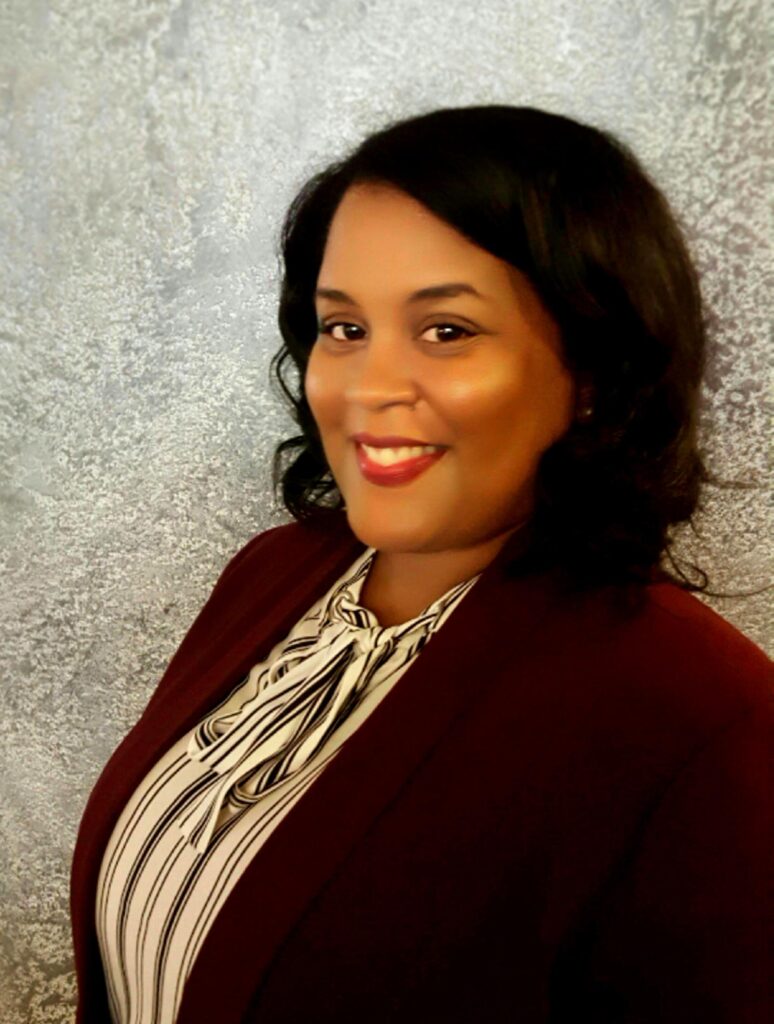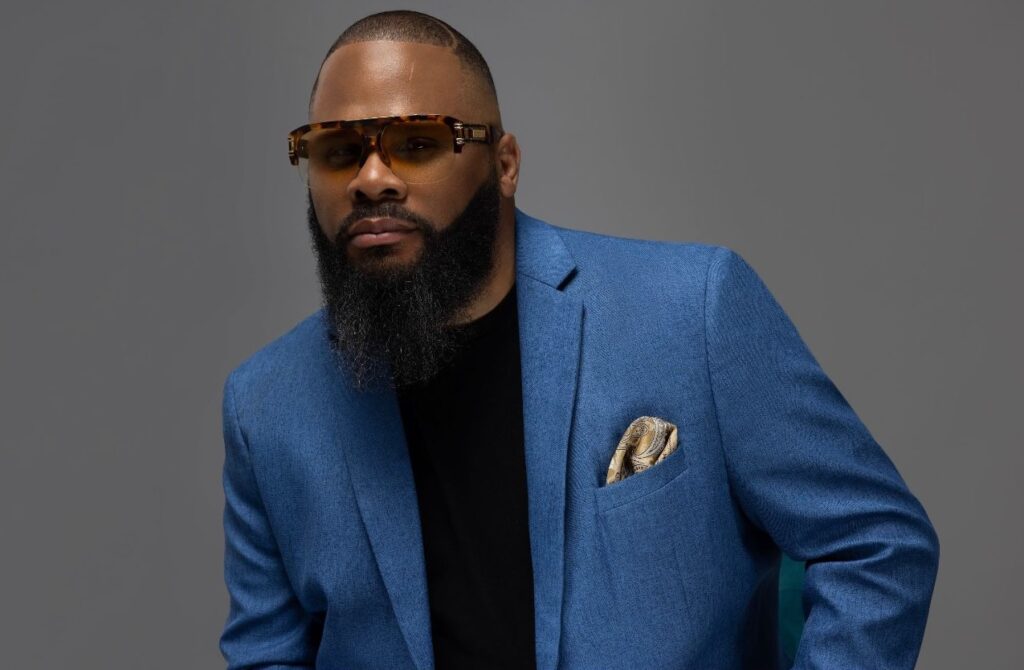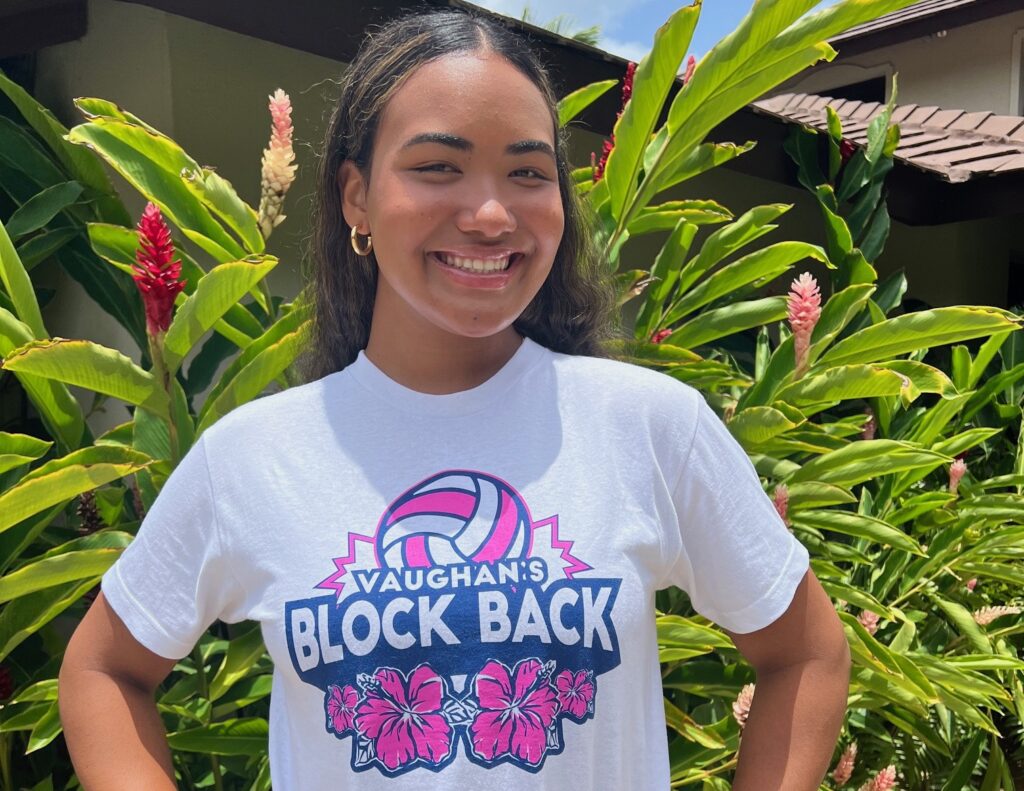A Sex Coach’s Guide To Bridging the Sexual Health Gap for Teens and Young Adults

Trina Scott, a passionate sex coach, believes that young people have the knowledge, skills, and the willpower to fight for their sexual health, economic, political, and social empowerment. April is an important month, as it marks STI Awareness Month, Sexual Assault Awareness Month, and National Youth HIV AIDS Day.
However, according to the Guttmacher Institute, 21 states in the US do not require sexual education. Even in states that do mandate sexual education, the information provided may not be accurate, unbiased, or useful to students. SIECUS reports that only three states require comprehensive sex education to be taught in all schools.
“I think ageism plays a lot into our current crisis around STIs and any reproductive and sexual health services,” Scott told the Buckeye Review. “Young people have never known a world without HIV.”

Scott spoke with the Buckeye Review about the importance of creating affirming opportunities for young people to attain bodily autonomy and sex health advocacy. When providing young people with the skills and tools to make healthy decisions about sex and relationships, there is no denying the power they have to incite change.
Having worked in adolescent, sexual and reproductive health for 30 years, Scott offered keen advice and tips to change the cultural paradigm around sex health communication.
- Establish and update sex education curriculum in schools and institutions.
- Ensure young people have access to services.
- Build a growing movement for decriminalization of sex laws, ie: HIV.
- Increase empathy.
- Participate in peer education groups.
“I think it’s really important not to just have our young people in sports,” Scott suggested. “But we also need to have them in social action groups or activist groups.”
Furthermore, Scott posed an important question for young people in schools who are impacted by STIs like herpes and HIV. How do we reduce the stigma, whether they’re on a college campus or living in a different community?
- She suggests having conversations with your friend group about the dynamics of campus life so people can learn about different lifestyles and preventative options.
- Seek community organizations like Advocates for Youth to get more information and support.
- Consider engaging in a student government challenge, where students work together to challenge the inequities around reproductive health needs on campus.
“We are human beings. We’re also sexual beings. And so we have to normalize and embrace that journey that we have from birth to death,” Scott said.
Within the streamline of a healthy relationship, a young person has the power to create their own morals, ethics and values. Effective communication between child and trusted guardian drives a young person onto that path. Scott recommended some tips to support regular health literacy opportunities to talk with children and youth. She said communication should begin at home between pre-K and kindergarten.
- Teach the correct terminology.
- Learn and utilize the tools that young people access every day, such as social media.
- Create one-on-one time with your child to understand their friend group dynamics.
- Listen to some of the music that young people are listening to.
- Whether it’s direct or indirect, children model active behaviors and verbal behaviors.
- Initiate and engage in intergenerational or multi-generational conversations.
“When we think about the impact of STIs and young people, we know myths come very close to facts. And when we’re working alongside young people, we really should be advocating and elevating their sexual health, their sexual rights, and sexual justice.”
In all, Scott encourages young people to get tested and offers three steps. “We talk about it, we test and we treat. We have to really encourage everyone to prepare before you get there.”
Take control of your health and order a free HIV test today.




